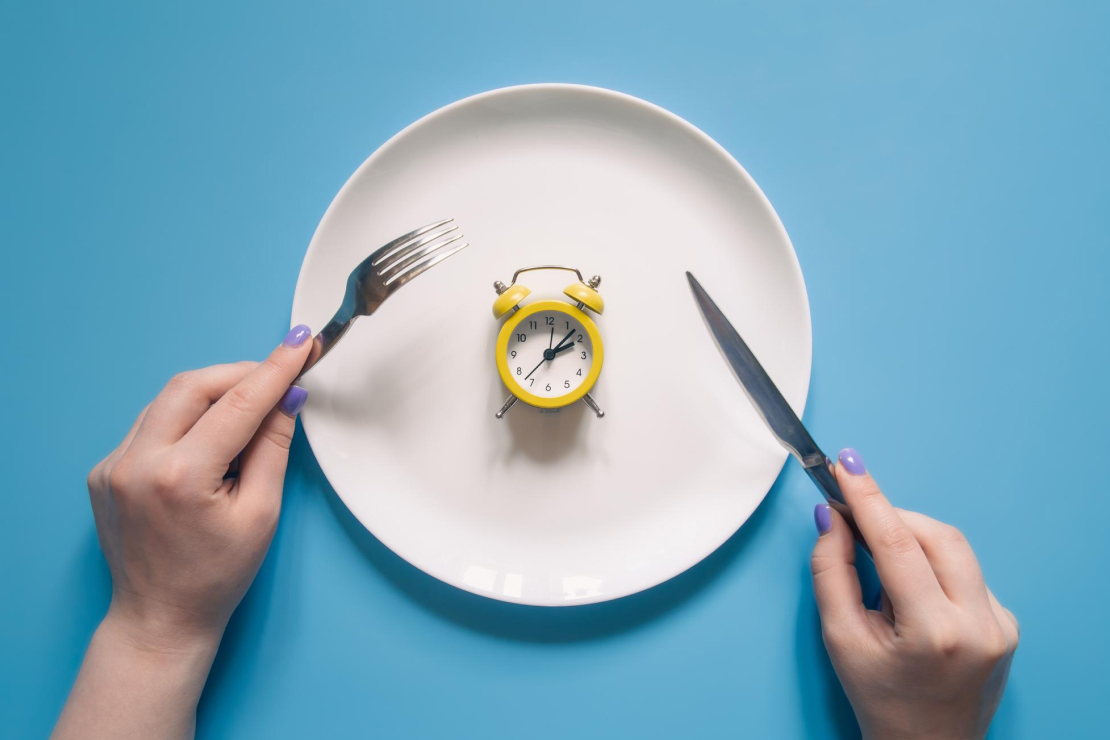How Many Days a Week Should You Fast for Sustainable Weight Loss?
Unlock the secrets of intermittent fasting frequency. Discover how many days a week you should fast to achieve sustainable weight loss, balance hormones, and optimize your metabolic health.

Table of Content
The Fasting Frequency Dilemma: Finding Your Sweet Spot
Intermittent fasting (IF) has become a cornerstone of modern weight loss strategies, but a crucial question often remains unanswered: how many days a week should you actually fast? The answer isn't one-size-fits-all. The optimal fasting frequency depends on your goals, lifestyle, experience level, and unique physiology. This guide will explore the science behind different fasting schedules to help you find the perfect balance for sustainable weight loss.
Understanding Different Intermittent Fasting Schedules
There are several popular intermittent fasting methods, each with a different frequency and duration.
| Fasting Method | Fasting Frequency | Description | Best For |
|---|---|---|---|
| Daily Time-Restricted Eating (e.g., 16:8) | 7 days/week | Fast for 16 hours and eat within an 8-hour window daily. | Beginners, consistent lifestyle integration. |
| The 5:2 Diet | 2 days/week | Eat normally for 5 days and restrict calories to ~500 on 2 non-consecutive days. | Those who prefer flexibility and don't want to fast daily. |
| Alternate-Day Fasting (ADF) | 3-4 days/week | Alternate between days of normal eating and days of complete fasting or very low-calorie intake. | Experienced fasters seeking more aggressive results. |
| Eat-Stop-Eat | 1-2 days/week | Involves a full 24-hour fast once or twice a week. | Individuals who can handle longer fasts and prefer full eating days. |
The Science: How Fasting Frequency Impacts Fat Loss
The frequency of your fasts directly impacts several key physiological processes related to weight loss.
- Caloric Deficit: More frequent or longer fasts naturally create a larger weekly calorie deficit, which is the primary driver of weight loss.
- Insulin Sensitivity: Regular fasting improves insulin sensitivity. More frequent fasting can lead to more rapid improvements, helping your body use glucose more effectively and store less fat.
- Metabolic Flexibility: Alternating between fasting and feeding trains your body to become more efficient at switching between burning glucose and burning fat for fuel.
- Hormonal Response: Fasting influences hormones like ghrelin (hunger) and leptin (satiety). The frequency can affect how quickly your body adapts to these hormonal shifts.
Choosing Your Fasting Frequency: A Personalized Approach
The ideal number of fasting days per week is highly individual. Here’s how to decide what’s best for you.
For Beginners (1-2 Fasting Days/Week or Daily TRE)
If you are new to intermittent fasting, starting slowly is key to building a sustainable habit.
- Recommendation: Start with the 16:8 method daily, which is less about "fasting days" and more about a consistent eating window. Alternatively, try the 5:2 method with just two fasting days a week.
- Benefits: This approach allows your body to adapt gradually, minimizes side effects like hunger and fatigue, and is easier to integrate into a busy social and work life.
For Intermediate Fasters (2-4 Fasting Days/Week)
If you have some experience with fasting and are looking to enhance your results, increasing the frequency can be effective.
- Recommendation: The 5:2 diet or Alternate-Day Fasting (modified, with ~500 calories on fast days) are excellent choices.
- Benefits: Creates a more significant calorie deficit, leading to potentially faster weight loss. It also enhances metabolic benefits like improved insulin sensitivity.
For Advanced Fasters (3-5+ Fasting Days/Week)
This is for experienced individuals who are well-adapted to fasting and are looking to break through a plateau or achieve specific health goals.
- Recommendation: Strict Alternate-Day Fasting or a combination of daily TRE with one 24-hour fast per week.
- Benefits: Maximizes fat burning and cellular autophagy (the body's process of cleaning out damaged cells). This approach can lead to significant and rapid results.
- Caution: This level of fasting requires careful monitoring and is not suitable for everyone. It's essential to ensure adequate nutrient intake on eating days.
Tips for Success, No Matter Your Frequency
- Stay Hydrated: Drink plenty of water, herbal tea, and black coffee during your fasting periods.
- Prioritize Nutrient-Dense Foods: On your eating days, focus on whole foods—lean proteins, healthy fats, and lots of vegetables—to nourish your body.
- Listen to Your Body: Pay attention to your energy levels, hunger cues, and overall well-being. Adjust your fasting frequency if you feel unwell.
- Be Flexible: Life happens. If you have a social event on a planned fast day, it's okay to adjust your schedule. Consistency over perfection is the key.
Conclusion: Consistency is Your Key to Sustainable Loss
The optimal number of fasting days per week is the number that you can consistently maintain without feeling overly restricted or compromising your health. For most people, a balanced approach of 2-4 fasting days per week (like the 5:2 or ADF methods) or a daily time-restricted eating schedule provides the best balance of results and sustainability. Start with a lower frequency, see how your body responds, and gradually adjust to find the sweet spot that helps you achieve your weight loss goals while feeling your best.
"The most effective fasting schedule is not the most extreme one, but the one that seamlessly integrates into your life, empowering you to be consistent."
Frequently Asked Questions
Is it okay to fast every day?
Yes, daily time-restricted eating (like the 16:8 method) is a form of daily fasting and is considered safe and effective for most people. However, complete 24-hour fasts should not be done every day.
Will fasting more often lead to faster weight loss?
While more frequent fasting can create a larger calorie deficit and potentially lead to faster initial weight loss, it can also be harder to sustain and may increase the risk of muscle loss if not done correctly. The most sustainable approach is often the most effective in the long run.
How do I handle hunger on fasting days?
Stay busy, drink plenty of water or herbal tea, and remind yourself of your goals. Hunger pangs often come in waves and will pass. Ensure you are eating enough protein and fiber on your non-fasting days to promote satiety.
Start Your Health Journey Today
Download Macro Tracking AI and take control of your nutrition with the power of artificial intelligence.
Download on App Store

